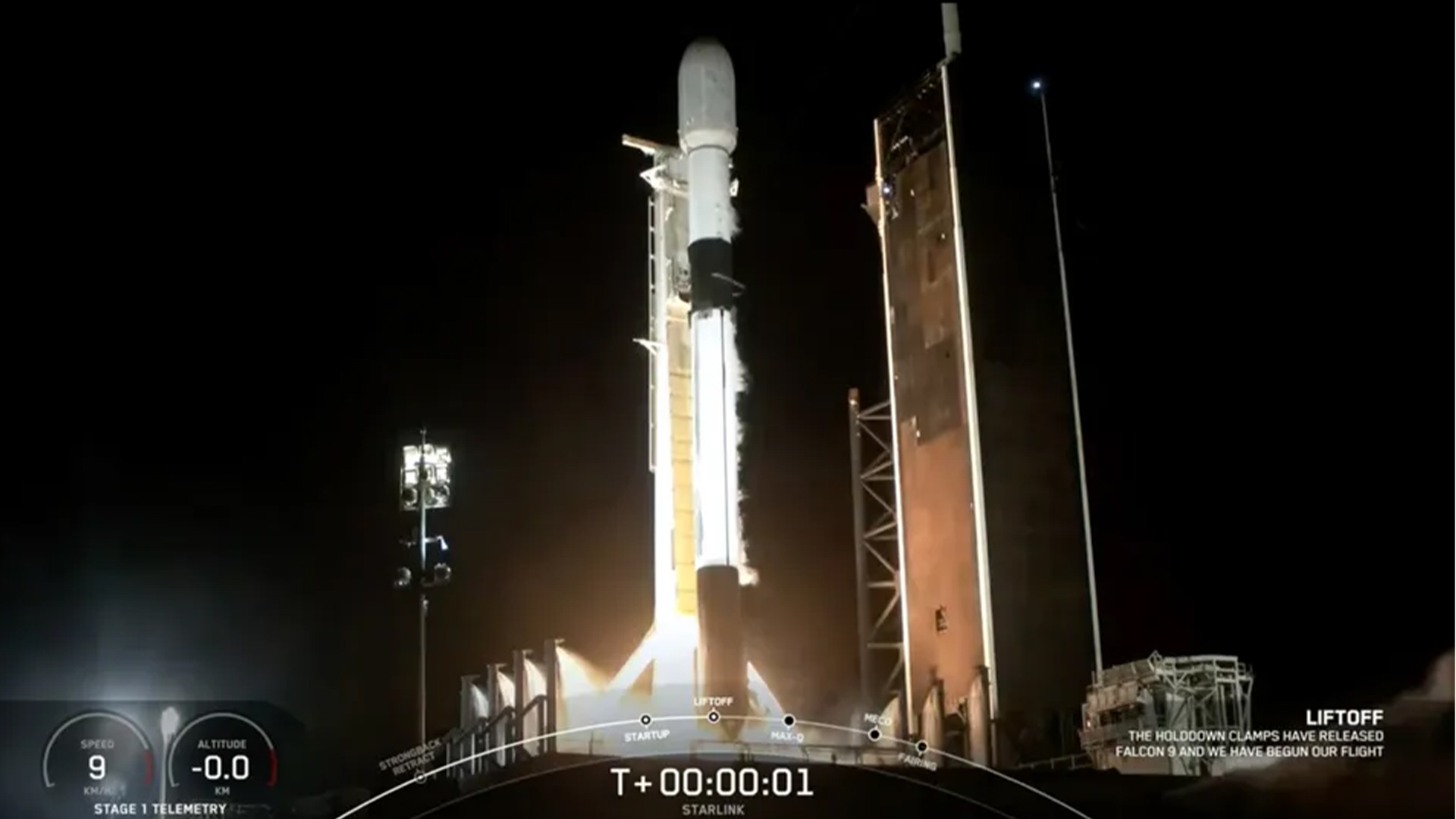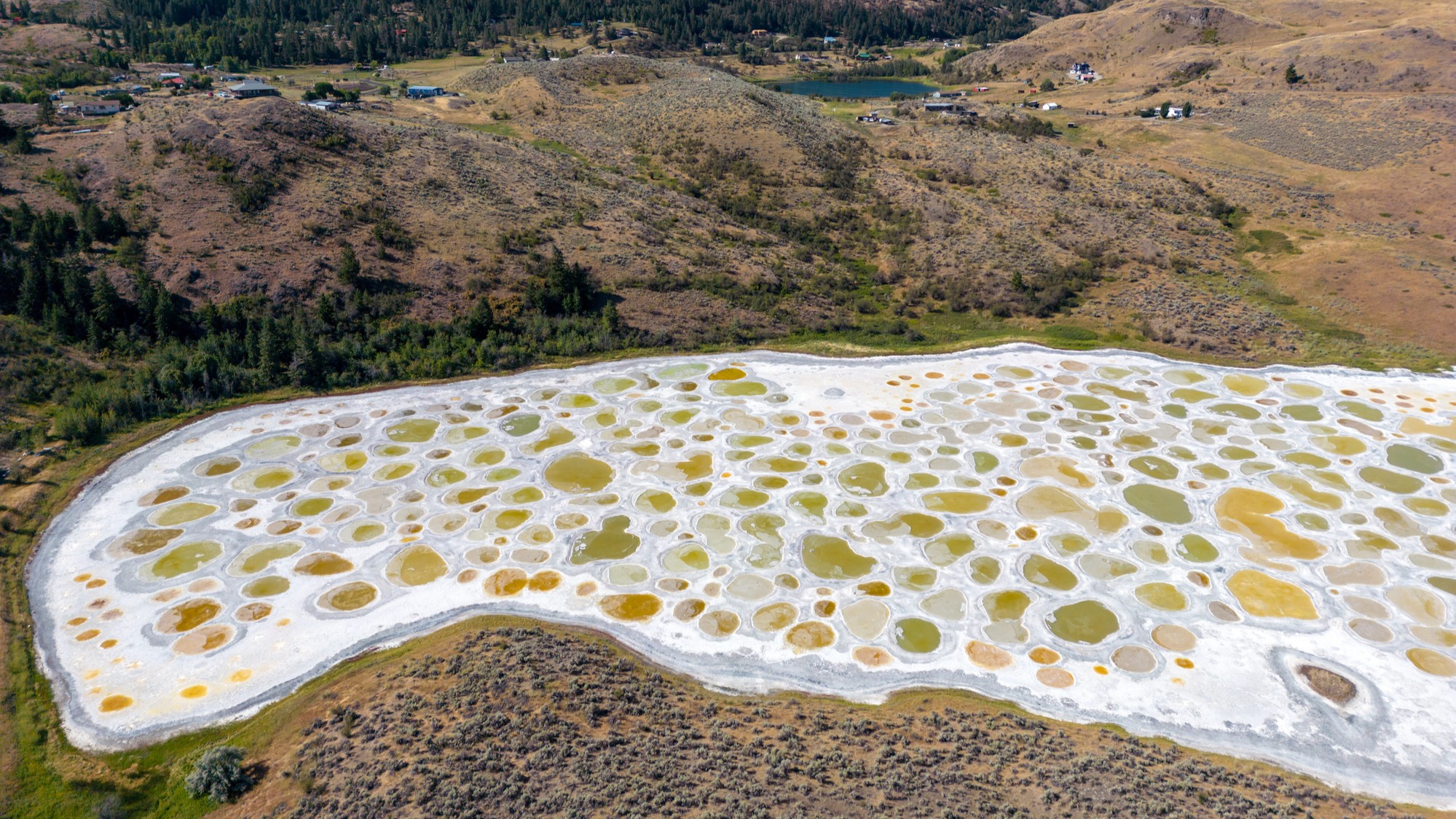
SpaceX has set a new launch record.
The company sent 21 of its Starlink internet satellites to orbit on Sept. 3 atop a Falcon 9 rocket from NASA's Kennedy Space Center in Florida at 10:47 p.m. EDT (0247 GMT on Sept. 4).
It was SpaceX's 62nd orbital mission of 2023, setting a new record for most flights in a year, according to company founder and CEO Elon Musk. The old mark was set in 2022.
The Falcon 9's first stage came back to Earth as planned. It touched down about 8.5 minutes after liftoff on the drone ship Just Read the Instructions, which was stationed in the Atlantic Ocean.
It was the 10th launch and landing for this particular booster, according to a SpaceX mission description.
The Falcon 9's upper stage, meanwhile, kept on flying to deploy the 21 Starlink satellites into low Earth orbit (LEO) about 65 minutes after liftoff.
Great work by the @SpaceX team successfully launching 61 Falcon rocket missions this year! If tomorrow’s mission goes well, we will exceed last year’s flight count. SpaceX has delivered ~80% of all Earth payload mass to orbit in 2023. China is ~10% & rest of world other ~10%.September 2, 2023
The launch was part of a big day for SpaceX. The company also brought home the four astronauts of its Crew-6 mission, who had been at the International Space Station (ISS) since March.
Get the world’s most fascinating discoveries delivered straight to your inbox.
Crew-6's Crew Dragon capsule, named Endeavour, departed the ISS a little after 7 a.m. EDT (1100 GMT) on Sept. 3. It successfully splashed down in the ocean off the Florida coast at around 12:17 a.m. EDT (0417 GMT). You can watch that milestone on YouTube, courtesy of NASA.




